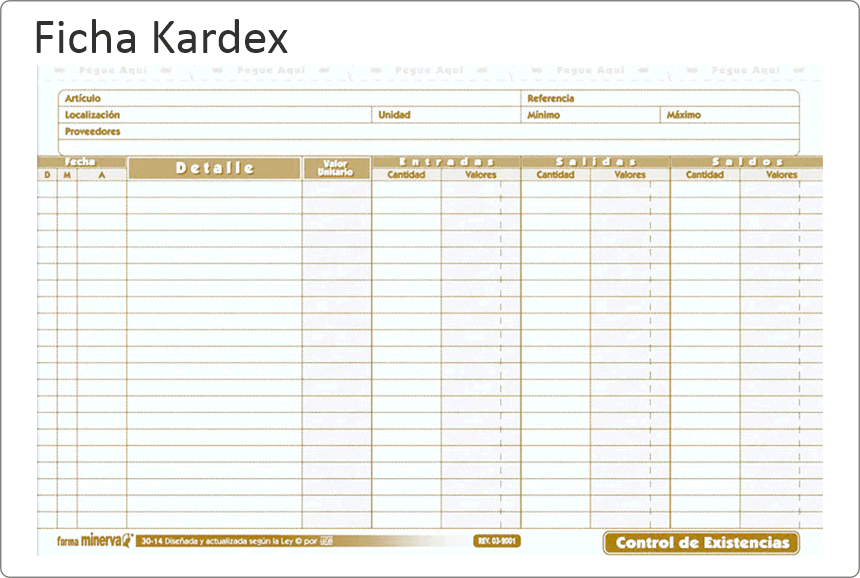What is a FullSearch
In the digital world, searching for information is a common task that we perform daily. However, not everyone knows what a Full Search is and how it can be useful in our lives. In this article, we will explore what a Full Search is, what it is used for, and some practical examples.

What is a Full Search?
A Full Search, also known as a complete search or exhaustive search, is a type of search that is performed in a database or information system to find all records or results that match a specific condition. Unlike a partial search, which only returns results that match a part of the condition, a Full Search returns all results that meet the complete condition.
A full-text search is an advanced technique that allows you to find specific words or phrases within large volumes of text, such as databases or documents. This type of search is not limited to exact matches, but rather uses algorithms to identify related results, such as synonyms, words with typographical errors, or grammatical variations. Although it is very powerful, it sometimes returns information that "apparently" is not what was being searched for because it tries to interpret the user's intention, which may include relevant results according to the context, but which do not exactly match the entered terms. This occurs, for example, when a system prioritizes semantic similarities over literal matches.
Examples of Full Search
To better understand what a Full Search is, let's look at some examples:
- Searching for a customer in a customer database: If we want to find all customers who have a specific name, a Full Search would return all customer records that match that name, including the address, phone number, and other data.
- Searching for a product in an online catalog: If we want to find all products that have a specific price, a Full Search would return all products that match that price, including the description, image, and other details.
- Searching for a document in a document management system: If we want to find all documents that contain a specific word, a Full Search would return all documents that match that word, including the title, creation date, and other metadata.
What is a Full Search used for?
A Full Search is useful in a variety of situations, such as:
- Information retrieval: A Full Search allows us to retrieve all information related to a specific condition, saving us time and effort.
- Data analysis: A Full Search allows us to analyze large amounts of data and find patterns and trends that would not be visible with a partial search.
- Making informed decisions: A Full Search provides us with all the necessary information to make informed decisions, reducing the risk of errors and improving efficiency.
In summary, a Full Search is a type of search that is performed in a database or information system to find all records or results that match a specific condition. It is useful in a variety of situations, such as information retrieval, data analysis, and making informed decisions. We hope this article has been helpful in understanding what a Full Search is and how it can be useful in our lives.





